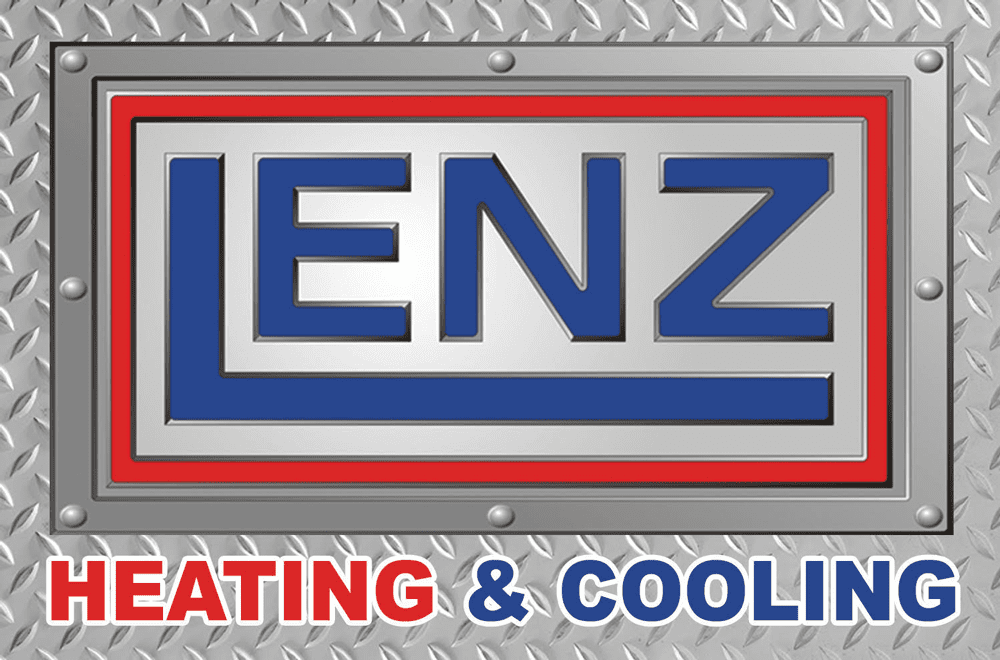The weather in Des Moines has been so mild this year that perhaps you’ve hardly had to run your furnace at all. Nevertheless, your furnace could still overheat. But most modern furnaces have a built-in safety shutoff when the unit gets too hot, so how can you tell if your furnace is overheating? Even with the safety measures in place, an overheated furnace is not good for your home or family. Here’s what you need to know about your furnace overheating.
Signs of an Overheated Furnace
Like any mechanical unit, similar signs could indicate different problems. If you notice any or all of the following signs, however, there is a good chance your furnace is overheating.
- You notice a “hot” or burning smell coming from the vents. Please don’t confuse this smell with the odor you often notice when you haven’t turned on your heater in a while; for example, turning on your furnace for the first time in the winter months. The hot smell associated with an overheated furnace is usually accompanied by the heater turning itself off.
- You hear strange noises or loud humming coming from the furnace. These unusual sounds typically indicate that the blower motor receives enough power to start but something prevents it from operating to its full potential. If the motor is trying to work but can’t function properly, it generates excessive heat and contributes to the loud noises you hear.
- You notice the furnace cycling off without starting again. As stated earlier, furnaces have built-in safety measures to shut off if they get too hot. If your heater requires that it gets reset before operating again, there is likely a consistent overheating issue.
How to Fix an Overheated Furnace
Due to the hazardous nature of the electrical and mechanical components of your unit, we do not recommend trying to fix your furnace yourself. If you suspect your furnace is overheating, or if your furnace has broken down because it got overheated, call a professional HVAC technician to repair your furnace right away. A heating and cooling contractor can easily diagnose the problem and repair or replace components, or the entire unit, safely and efficiently. The safety shut-off feature on many furnaces is a good indication to homeowners that the heater needs to get checked out. The best thing to do if your furnace is overheating is to turn off the power from the unit and contact your local furnace repair company.
Possible Reasons Your Furnace Overheats
There are several possible reasons that can cause your furnace to overheat. Most causes can be avoided with proper care and regular furnace maintenance.
Restricted airflow: When air is blocked from moving freely through your ducts, it remains in the furnace system and can cause the components to overheat. This is one reason why it is so important to change the furnace filter regularly. Clogged filters are one of the main causes of an overheated furnace and the most preventable problem. It is also important to make sure the air vents aren’t blocked by rugs or furniture so the air can circulate unrestricted.
Built-up dirt: A dirty filter will not only restrict the airflow, but it can also cause dirt and grime to build up on the furnace components, especially the blower motor. When the motor is unable to vent itself, it can overheat.
Short cycling: If your furnace turns off too early in its heating cycle, it is likely that you have a short-cycling furnace. A furnace that turns on and off repeatedly like this puts a lot of stress on the motors. If you suspect your furnace is short cycling, contact a professional to inspect your heater before it burns out.
Mechanical failure: The moving parts of your furnace need to be well maintained to prevent premature failure, which is why regular furnace tune-ups are important. Fan motors and electrical wiring can undergo excess strain and fail, causing your furnace to overheat. These components will need to be repaired or replaced entirely.
Old age: Unfortunately, your furnace can’t last forever. If old components wear out or if your old furnace fails completely, it can overheat. Older furnaces may not include safety shut-off features, so keep an eye on your old unit and get it replaced when it’s not operating properly. Your old furnace is certainly not as energy efficient as modern units are, so installing a new furnace can actually save you money on your heating and cooling bills! If your furnace is around 15 to 20 years old, consider a replacement; the furnace is approaching the end of its life if it hasn’t reached it already.
A furnace that overheats is not only an inconvenience; it can also be dangerous. Don’t wait to have your heater inspected by a professional. If you’re in the Des Moines metro, call Lenz Heating & Cooling at (515) 225-6446 and we’ll make sure your furnace is up and running in no time.
